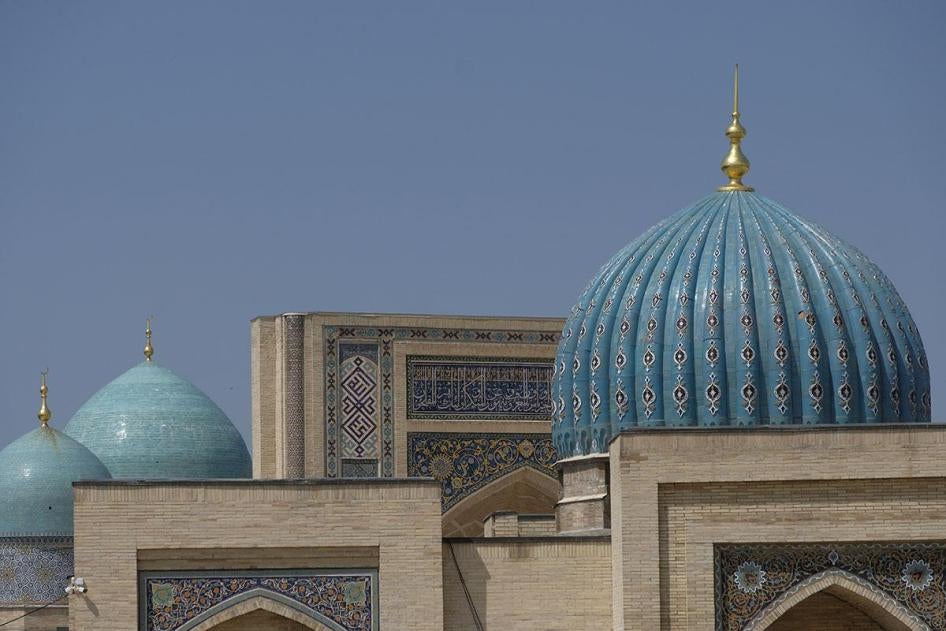The year seems to be ending on a positive note for Uzbekistan.
The Economist magazine this week declared Uzbekistan its ‘country of the year,’ arguing “no other country travelled as far” as the Central Asian nation in 2019 in terms of economic and other reforms.
The anointment has amplified the buzz that already existed around the reform agenda of President Shavkat Mirziyoyev, who came to power in 2016 and has introduced significant changes, especially in economic and foreign policies.
Uzbek authorities have spared no efforts to trumpet these changes. The country is holding parliamentary elections on Sunday and, despite the fact that opposition parties are still banned, the government claims they mark a step towards a ‘New Uzbekistan.’
There have been major reforms, of course, including on human rights. As The Economist notes, Uzbekistan was “an old-fashioned post-Soviet dictatorship” until 2016. Since then, dozens of political prisoners have been released, the government has taken steps to end forced labour in the cotton fields, and there have been improvements in media and internet freedom.
Uzbekistan deserves credit for this.
But as The Economist also notes, the country “still has a long way to go” and it remains “far from (being) a democracy.” This important caveat to the otherwise rosy assessment by the magazine needs to be kept in mind if we are to hope for long-term improvements in human rights as part of the country’s reform process.
The government, which is still highly authoritarian, needs to make good on its many promises of reforms that include creating an independent judiciary, allowing non-governmental human rights groups to operate, ending forced labour, allowing opposition parties to contest elections, and stopping censorship. At present these are distant dreams for ordinary Uzbeks.
And the country’s international partners should not get carried away with the signs of a “new Uzbekistan.” On human rights, it is evident the government has made reforms because of external pressure to end terrible abuses. Partners need to continue making their expectations clear on a regular basis to ensure human rights improvements remain an integral part of the country’s opening up.
Let’s hope the human rights reforms that contributed to The Economist’s decision to honor Uzbekistan continue into 2020 and beyond. Real improvements on the ground to allow people basic freedoms should be the litmus test for progress.










